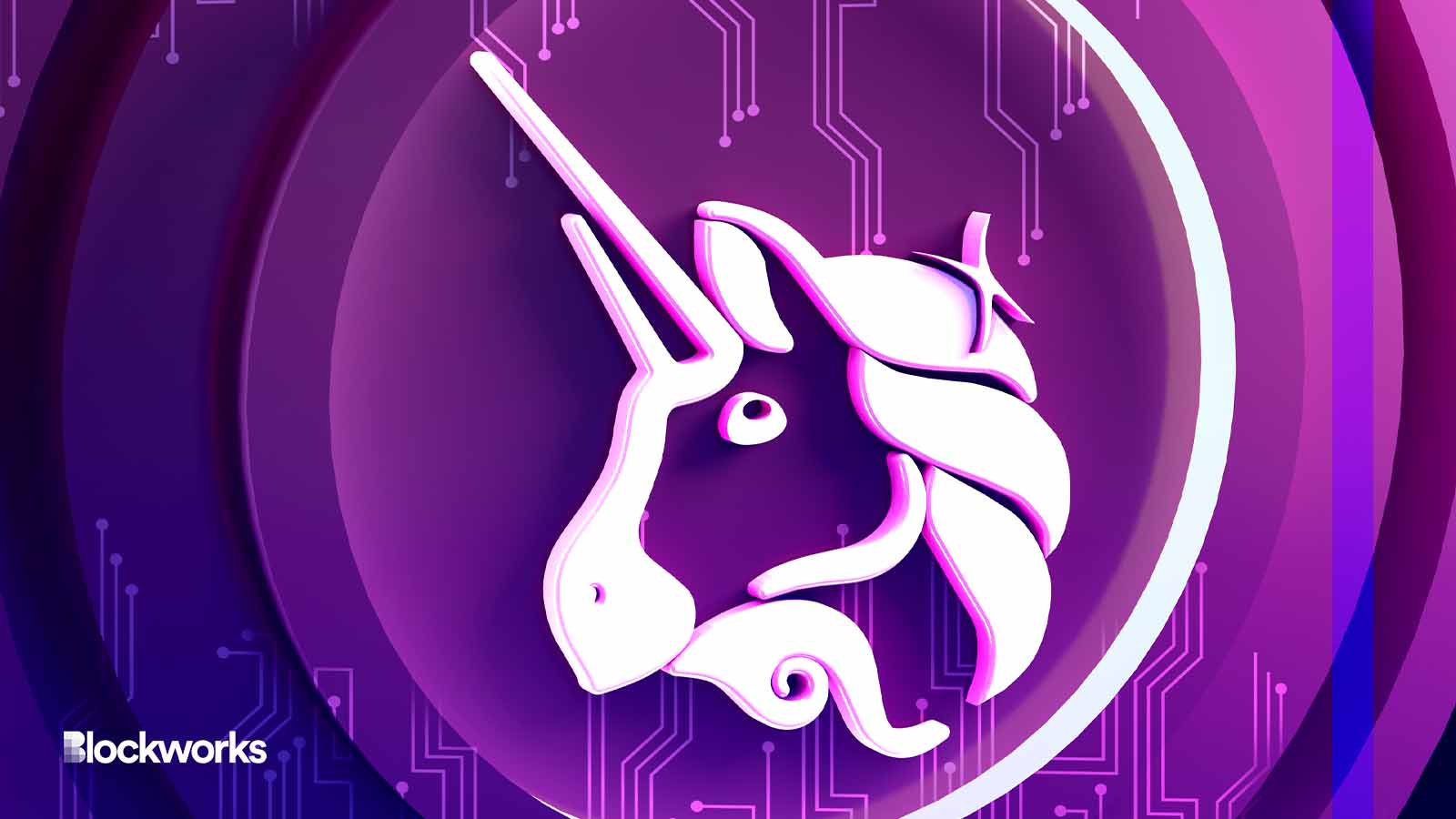Uniswap Foundation Reduces Governance Friction With Latest Portal
The Uniswap Foundation wants to make it simpler to match community members with governance delegates who share their views

Lucas Agr/Shutterstock modified by Blockworks
Uniswap Agora, a governance interface that allows Uniswap community members to connect with delegates who are closely aligned with their values, is now live.
This portal was created by the Agora team, a delegate marketplace that was initially funded by Nouns DAO and later the Uniswap Foundation Grants Program
The platform enables its delegates to create individual profiles that highlight their own opinions and perspectives in order to give community members a chance to identify delegates that they align with.
Devin Walsh, the executive director at Uniswap Foundation, told Blockworks that the sustainability of protocols such as Uniswap depends on the active participation of such value-aligned delegates.
“Today, the delegation process suffers from a chicken and egg problem. On the one hand, there’s a massive amount of friction for new delegates excited to participate in governance to actually *get* delegation from UNI token-holders. And on the other hand, for UNI token holders (delegators), finding delegates aligned with your values and issues you care about is nearly impossible to do today,” Walsh said.
This is where Uniswap Agora comes into play. Previously, delegate data was scattered, or in some cases non-existent. Users didn’t have a consistent way to learn about individual delegates, making it difficult to decide who to choose as their representative on the platform.
“Our goal here is to reduce that friction — provide a platform for delegate information in Uniswap Agora, and then prompt the community to refresh their delegate profiles and delegation over the next few weeks,” she said.
Over the next four weeks, a delegate race will be up and running which will ask new and existing delegates to create profiles on Agora. These will then enable users to identify which delegates best represent their individual values.
Phase one of the race — which involves profile creation — will last until Friday, May 12. Phase 2 of the race — where participants will choose their new delegates or delegation — is set to begin on May 13 and end on May 26.
Updated May 3, 2023 at 10:00 am ET: Clarified relationship between Nouns DAO and Agora.
Get the news in your inbox. Explore Blockworks newsletters:
- The Breakdown: Decoding crypto and the markets. Daily.
- 0xResearch: Alpha in your inbox. Think like an analyst.






